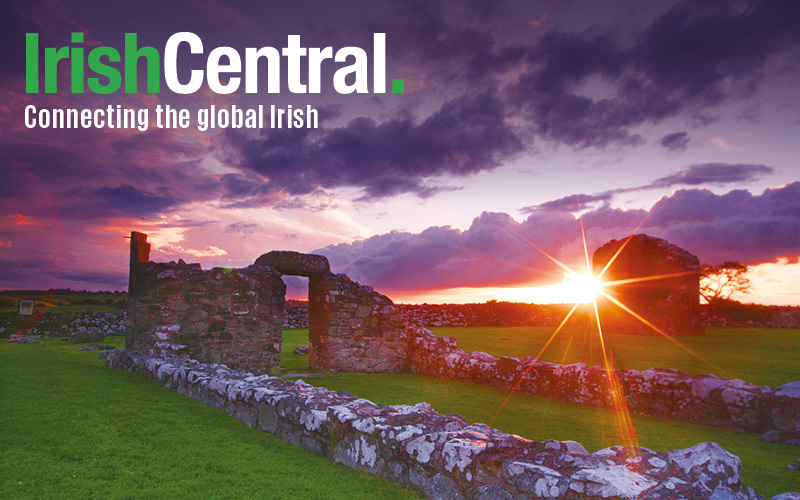The bodies were found on the grounds of former Taoiseach Liam Cosgrave’s home
Dozens of bodies believed to date back to the Bronze Age have been discovered at a site development in Dublin.
Read More: Four 4,000-year-old Bronze Age gold rings unearthed in Donegal
The Independent reports that approximately 60 bodies were discovered on land where former Taoiseach of Ireland Liam Cosgrave lived, named Beech Park, in Templelogue, Co Dublin.
After Cosgrave’s death in 2017 at the age of 97, the land was acquired by property developers Ardstone Capital.
The Independent had earlier reported that locals in the area were unsure of how the land was going to be developed.
One local said that work “started around last October” at the site, but community members were largely kept in the dark as to what was being developed.
“It was men in diggers working on the ground which was previously just a flat piece of land with no particular visible features on which grass was grown which was then cut and baled as hay.
"The workers are now carrying out painstaking work on their hands and knees with trowels."
The approximate 60 bodies that have been found on the land are thought to date back around 2,000 years to the Bronze Age, which took place in Ireland from 2,000 BC to 500 BC.
A source told The Independent: "It is believed this was a Bronze Age burial site, and that people from the Iron Age used the site as a shrine or place of some sort of place of gathering.”
The source added that evidence of a ring fort was also discovered in the area.
Read More: Ireland's top archaeological discoveries that'll make your jaw drop
Deirdre O’Donovan, a local Independent councilor, said: "This is so exciting, and my main thoughts now are how do we preserve this.”
Such an exciting find! We must do all in our power to preserve this site -Sixty bodies from Bronze Age found on Taoiseach Liam Cosgrave's former land https://t.co/8ykWZGjFGu
— Deirdre O'Donovan (@ODonovanDeirdre) January 31, 2019
"As a community, this is very important and is something the people of Knocklyon will really value. It has a massive educational and heritage importance."




Comments